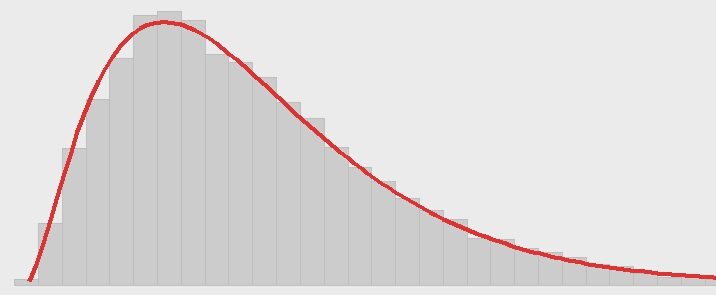Climate change is not just about the environment. It is also a financial risk. As temperatures rise and weather patterns shift, businesses, governments, and insurers face huge costs. Actuaries, who specialize in managing financial risk, need to understand how climate change affects the economy. Climate change is reshaping the financial world. Actuaries must learn about climate risk to help businesses, insurers, and investors avoid losses. Understanding climate risk is not just good for the planet—it is crucial for financial stability.
1. Climate Risk Affects Insurance
Floods, hurricanes, and wildfires are becoming more common. These disasters lead to bigger insurance claims. If insurers do not plan for this, they could lose money or even go bankrupt. Actuaries must adjust their models to predict future risks better.
2. Climate Change Impacts Investments
Many companies rely on fossil fuels. But as governments push for cleaner energy, some investments may lose value. This is called “stranded asset risk.” Actuaries help pension funds, insurance companines, and other businesses invest wisely to avoid big losses.
3. Businesses Face New Costs
Companies must spend more to protect themselves from extreme weather. They may also pay higher taxes for carbon emissions. If they do not plan for these costs, they could struggle financially. Actuaries help businesses understand and prepare for these risks.
4. Governments and Regulations Are Changing
New laws require companies to report their climate risks. Insurers and pension funds must prove they are financially prepared. Actuaries play a key role in meeting these legal requirements. Get familiar with the TFCD!
5. Financial Markets React to Climate Risk
When investors see climate risk, they change their behavior. Stock prices can drop, and interest rates may rise. Actuaries help predict these changes and guide financial decisions.
